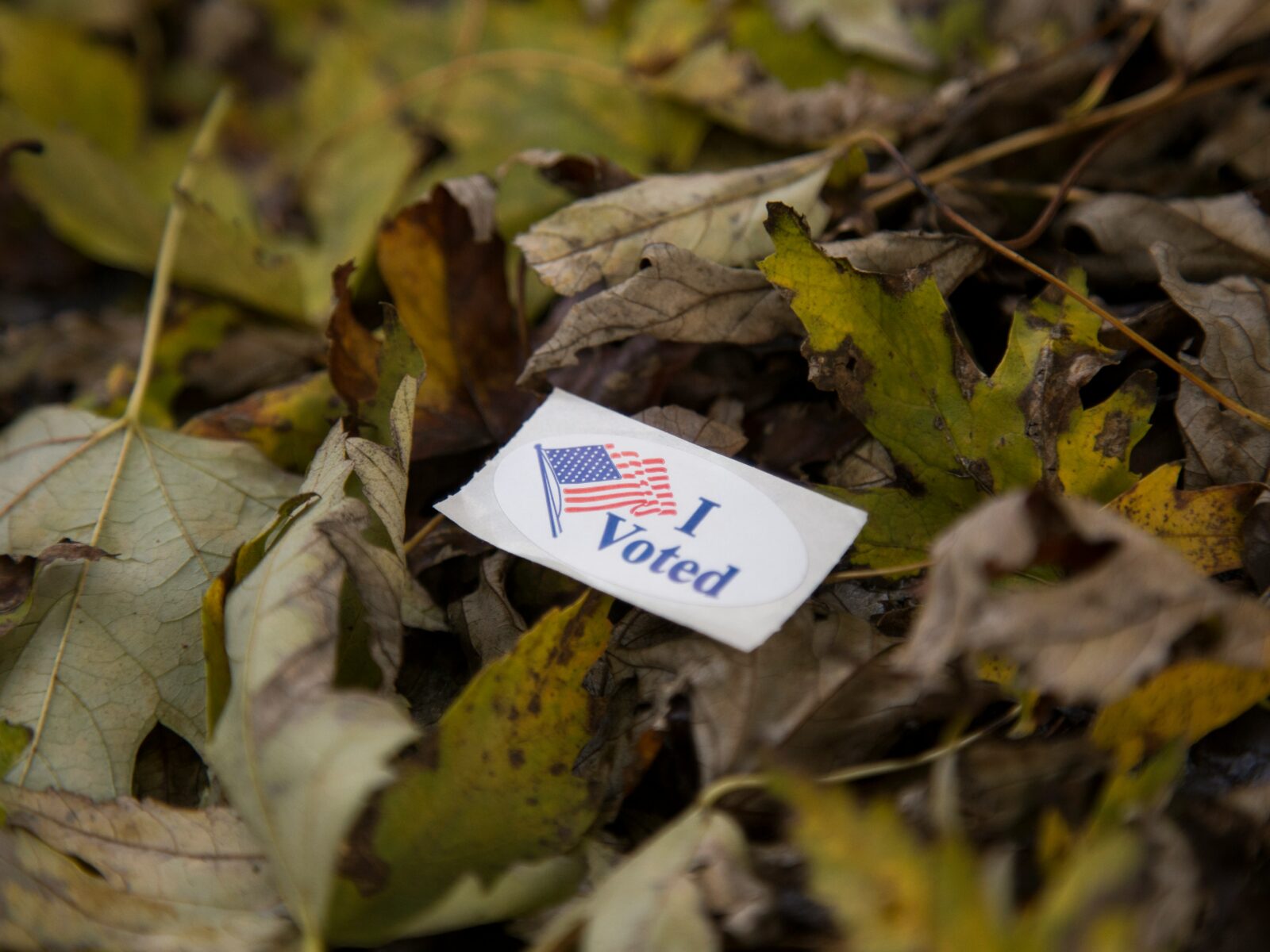What a Time to Be Alive
By: Dr. Sharon R. Fennema, Curator, Join the Movement toward Racial Justice

By: Dr. Sharon R. Fennema, Curator, Join the Movement toward Racial Justice

Systems and practices of white dominance and oppression seem to find ever new ways of maintaining power and hoarding resources. From legislation aimed at limiting access to Diversity, Equity and Inclusion training and Critical Race Theory, to book bans and curriculum censorship, to voter suppression laws and the spread of election disinformation, a lot of time, energy, and resources are going toward restricting access to information, practices, and skills we know are an important part of creating racial equity and healing racial harm. And we haven’t even begun to address the race-baiting and fear-mongering rhetoric being used by candidates to increase divisions. As Rev. Sekou sings, what a time to be alive!
These days, I find the reminder that these tactics aren’t new to be a source of hope and energy. The effort to suppress knowledge and criminalize teaching about racial justice almost always accompanies movement successes and society’s broader embrace of the struggle toward racial justice. Knowing this, we can also realize that we have some examples of and models for resisting these tactics. So I when I despair, I’m reminded to lean more deeply into these histories and teachers by doing things like attending a writing retreat engaging the wisdom of movement leaders Fannie Lou Hamer and Ella Baker, reading and learning from all the inspiring movement stories in Let this Radicalize You: Organizing and the Revolution of Reciprocal Care by Kelly Hayes and Mariame Kaba, honoring the connections between current abolition movements and the historic Black Panther Party, and participating in the multifaith prayer circle for Palestine that connects my spiritual and activist practices in the current moment.
I am grateful for the reminder that history teaches us, from 19th century abolitionist movements onward, that the efforts to suppress and criminalize knowledge and growth end up being largely unsuccessful. As Brian Stevenson said in a recent interview, “Counternarratives always accompany forward progress. And, frankly, we wouldn’t see this anti-DEI, anti-CRT, anti-teaching of truthful history, but for the progress we made leading into 2020. I don’t think there is a good precedent that [censorship] is a strategy that will succeed. But we still have to be vigilant; we still have to recognize it for what it is.”
Throughout the stories of Jesus’ ministry and movement-making, Jesus often invites his comrades to recognize things for what they are. We hear Jesus inviting them to recognize the “log in your own eye” before trying to remove a speck in your neighbor’s eye (Matthew 7:3-5) encouraging an honest assessment of their motives and capacities. There’s the invitation to “give to Caesar the things that are Caesar’s” (Luke 20:25), recognizing money as a tool of the state and distinct from God’s economy of just mercy. Or the invitation to recognize the true worth of a generous heart when he commends the widow’s gift saying, “Truly I tell you, this poor widow has put in more than all of them” (Luke 21:1-4). Perhaps Jesus would say to us today, “truly I tell you, recognize these efforts to suppress knowledge of histories of harm and healing and criminalize understandings that bring us closer to creating God’s new realm of justice and love for what they are: signs that these movements are increasingly compelling the transformation of hearts, communities and societies.”
There is no doubt work to do this election year to keep us moving toward racial justice. So many newcomers have joined the movement and we have gained so much ground. And we are still far from enfleshing God’s kindom of peace and freedom. But we can take heart in recognizing these tactics for what they are: an old story that has been defeated time and time again. And we can fight against them, knowing that “when we [rise] up, we’ve already won.”
SHARE THIS NEWS ARTICLE
Download Racial Justice Voting Guide
Sign up to receive alerts about new stories and resources. You’ll also enjoy our Join the Movement newsletter, featuring changemaker profiles, reflections on current events in the movement toward racial justice, and more. Get sneak previews and information about upcoming events, workshops and webinars.

